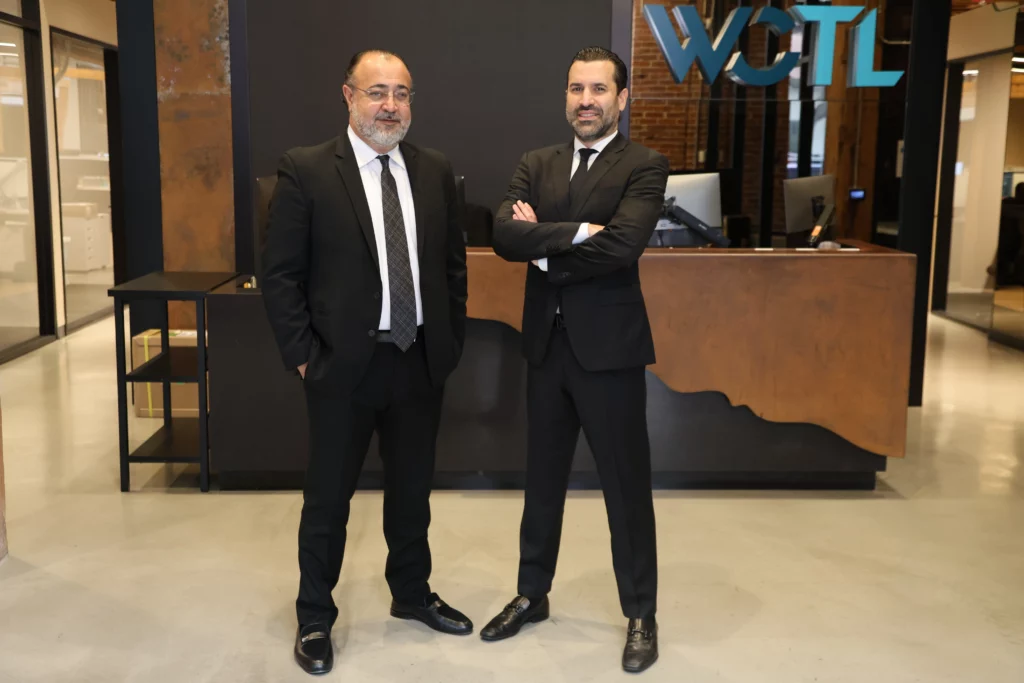When you’re injured or suffer property damage, your insurance company steps in to help cover your losses. But have you ever wondered what happens next? A subrogation claim is the legal process that allows your insurer to recover the money it paid on your behalf from the party responsible for the accident. In other words, after you get the help you need, your insurance company “steps into your shoes” to ensure that the at-fault party ultimately pays for the damages. This process is crucial in many personal injury, auto accidents, and health insurance cases.
The Process of Subrogation
The subrogation process starts as soon as your insurance company settles your claim. While you begin your road to recovery, your insurer works behind the scenes to recoup the costs from the person or entity at fault. This ensures that you aren’t left with extra expenses—and that responsibility for the accident is appropriately assigned.
Steps Involved in a Subrogation Claim
- Claim Payment:
Your insurance company pays for your damages—whether it’s for car repairs, medical bills, or other related expenses—so you don’t have to wait for funds while recovering. - Investigation:
After covering your expenses, your insurer investigates the incident to confirm who is legally responsible for the loss. - Subrogation Demand:
Once liability is established, your insurer files a subrogation claim against the at-fault party or their insurance provider to recover the amount paid out. - Negotiation and Resolution:
This stage may involve settlement discussions, negotiations, and occasionally legal action if disputes arise over liability or the amount owed.
These steps not only help shift the financial burden to the responsible party but also work to keep insurance premiums affordable for everyone by reducing overall costs.
Why Subrogation Is Important in Insurance
Subrogation is a key element in the insurance industry because it prevents double recovery. Without it, you might profit from an accident if you received both an insurance payout and a settlement covering the same losses. By recovering costs from the responsible party, subrogation:
- Ensures Fairness: Keeps the financial burden where it belongs—on the at-fault party.
- Controls Premiums: Helps maintain lower insurance costs by reducing overall losses.
- Prevents Unjust Enrichment: Stops any party from receiving more than what is warranted by their share of responsibility.
Types of Subrogation Claims
Subrogation isn’t limited to one type of insurance. Let’s look at two common examples:
Subrogation in Health Insurance
When another party’s negligence causes injuries, your health insurer might cover your medical expenses immediately. Later, if it’s determined that someone else was at fault, your insurer will seek reimbursement from the responsible party’s auto insurance (or sometimes directly from that party)..
Subrogation in Auto Insurance
Imagine being involved in a car accident where another driver is at fault. Your auto insurance company quickly pays for your vehicle repairs and may even provide a rental car. Afterwards, the insurer files a subrogation claim against the at-fault driver’s insurance to recover those costs. This process ensures that you receive timely assistance without having to wait for a long legal battle.
Your Rights During the Subrogation Process
As a policyholder, you’re entitled to certain rights throughout the subrogation process:
- Timely Updates: You have the right to be informed about the progress of your subrogation claim.
- Excess Recovery: If the recovered amount exceeds what your insurer paid, you may be entitled to receive the extra funds.
- Active Participation: Occasionally, you might be asked to provide information or even participate in legal proceedings related to the claim.
Understanding these rights can empower you to work confidently alongside your insurer and legal counsel.
Weighing the Pros and Cons of Subrogation
While subrogation offers significant benefits, it also comes with challenges.
Advantages
- Cost Reduction: Recovering funds from the responsible party helps keep insurance premiums down for everyone.
- Protection Against Overpayments: The process helps prevent inflated or fraudulent claims by ensuring that the compensation remains fair and just.
Disadvantages
- Potential Delays: The process of recovering funds can sometimes be lengthy, delaying the final resolution of your claim.
- Legal Complexities: Disputes over liability or recovery amounts can lead to complicated legal proceedings, potentially requiring additional legal support.
Let West Coast Trial Lawyers Deal With The Insurance Company
After a car accident or injury, the last thing you need is the added stress of negotiating with insurance companies. At West Coast Trial Lawyers, our experienced California personal injury attorneys are here to manage every aspect of your subrogation claim—from initial investigations to complex legal negotiations.
Call us today at (213) 927-3700 or visit our Contact Us page to schedule your free consultation. Let us help you secure the maximum settlement while you focus on your recovery.
Don’t wait—reach out now and let us hold the negligent party accountable, ensuring you receive the justice and compensation you deserve.












































































